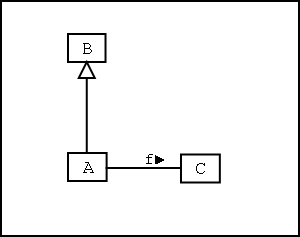Cormorants
 Sun 2004-08-29
Sun 2004-08-29 This morning I went for a walk with my daughter around the Reading University lakes and on the larger lake we saw a cormorant (Phalacrocorax carbo). This is the first one I have ever seen on these lakes. It was just standing in the middle of the lake, presumably on a submerged rock. Initially it was hanging its wings out to dry --a pose characteristic of cormorants-- but later it just stood with wings folded away, looking around at any Canada geese and mallards that came near it. It was still in the same place an hour later when we walked back along the other side of the lake.
I have occasionally seen cormorants over the river Kennet in Reading town centre as I walk to the railway station in the early mornings. They seemed to be patrolling up and down the river. I have also seen them from the sea-front at Bournemouth, standing on the posts at the end of the groynes. But the best views I have had of them have been on the lakes between Farnborough North station and Frimley as I walked to and from work. In the spring of 2002 I used to regularly see three or four of them standing on the top of a tall tree on the Farnborough side of the largest lake. Once I caught a glimpse of one of them swimming on one the smaller lakes, moving its head from side to side as if searching for fish. But more often I would see them flying up from the water as if I had just disturbed them. Flying they are similar in size to Canada geese but they seem more evenly balanced fore to aft. Standing, swimming or flying, they are distinctly sinister looking, with their black bodies, lighter faces and long hooked beaks. I suppose fish must think them sinister too.

